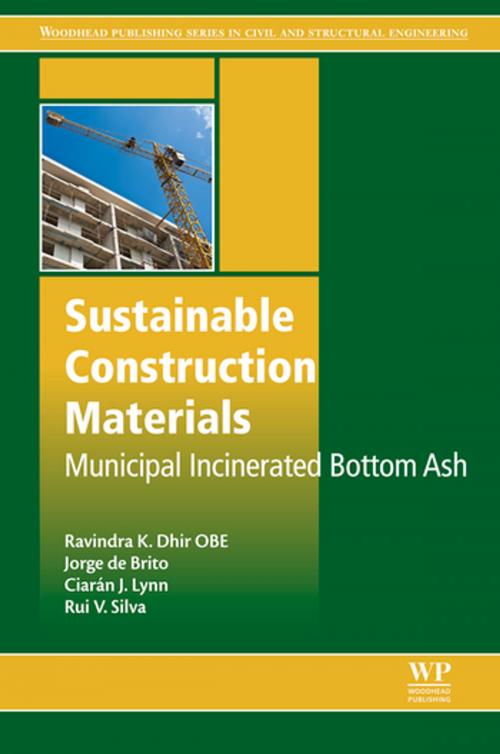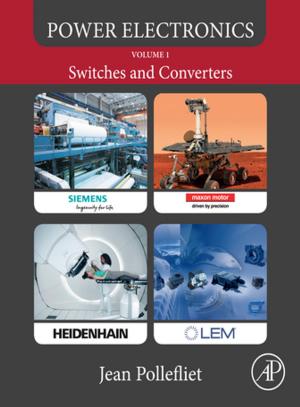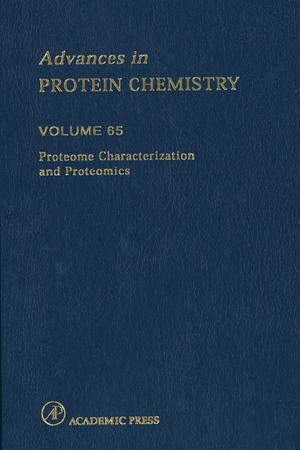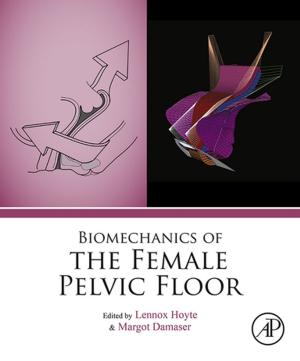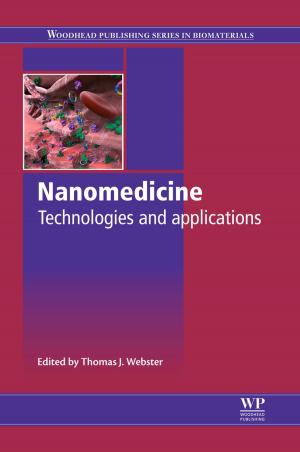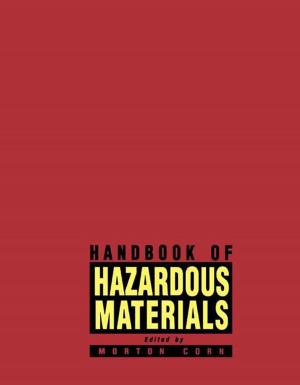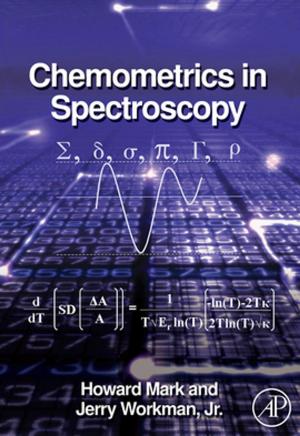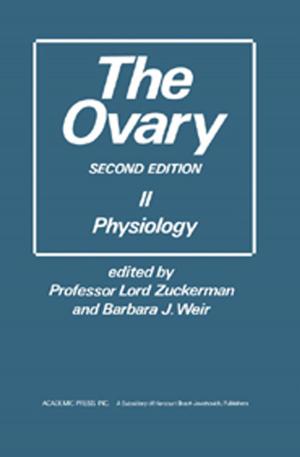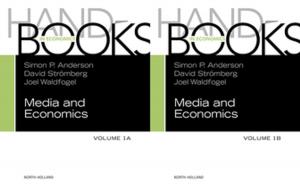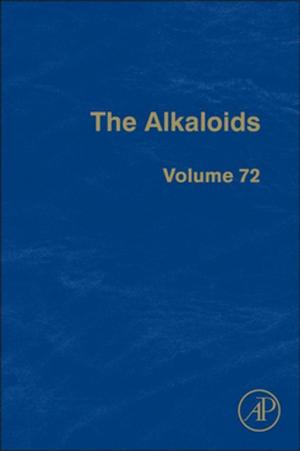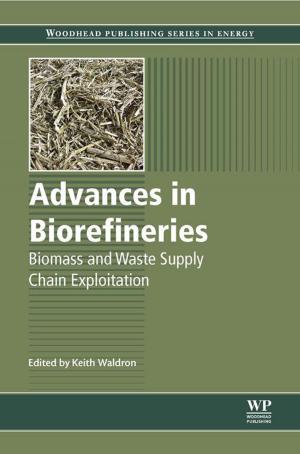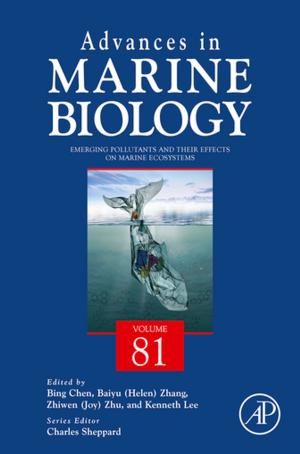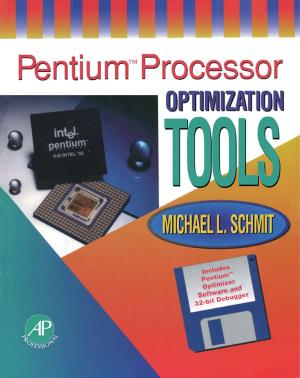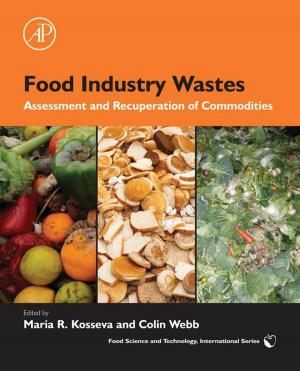Sustainable Construction Materials
Municipal Incinerated Bottom Ash
Nonfiction, Art & Architecture, Architecture, Methods & Materials, Science & Nature, Technology, Material Science| Author: | Ciaran J. Lynn, Jorge de Brito, Rui V. Silva, Ravindra K. Dhir OBE | ISBN: | 9780081009963 |
| Publisher: | Elsevier Science | Publication: | October 18, 2017 |
| Imprint: | Woodhead Publishing | Language: | English |
| Author: | Ciaran J. Lynn, Jorge de Brito, Rui V. Silva, Ravindra K. Dhir OBE |
| ISBN: | 9780081009963 |
| Publisher: | Elsevier Science |
| Publication: | October 18, 2017 |
| Imprint: | Woodhead Publishing |
| Language: | English |
Sustainable Construction Materials: Municipal Incinerated Bottom Ash discusses the global use of virgin aggregates and CO2 polluter Portland cement. Given the global sustainability agenda, much of the demand for these two sets of materials can be substantially reduced through the appropriate use of waste materials, thereby conserving natural resources, energy and CO2 emissions. Realistically, this change can only be realized and sustained through engineering ingenuity and new concepts in design. Although a great deal of research has been published over the last 50 years, it remains fragmented and ineffective. This book develops a single global knowledge-base, encouraging greater use of selected waste streams. The focus of massive systematic reviews is to encourage the uptake of recycled secondary materials (RSM) by the construction industry and guide researchers to recognize what is already known regarding waste.
- Provides an extensive source of valuable database information, supported by an exhaustive list of globally-based published literature over the last 40-50 years
- Offer an analysis, evaluation, repackaging and modeling of existing knowledge on sustainable construction practices
- Provides a wealth of knowledge for use in many sectors relating to the construction profession
Sustainable Construction Materials: Municipal Incinerated Bottom Ash discusses the global use of virgin aggregates and CO2 polluter Portland cement. Given the global sustainability agenda, much of the demand for these two sets of materials can be substantially reduced through the appropriate use of waste materials, thereby conserving natural resources, energy and CO2 emissions. Realistically, this change can only be realized and sustained through engineering ingenuity and new concepts in design. Although a great deal of research has been published over the last 50 years, it remains fragmented and ineffective. This book develops a single global knowledge-base, encouraging greater use of selected waste streams. The focus of massive systematic reviews is to encourage the uptake of recycled secondary materials (RSM) by the construction industry and guide researchers to recognize what is already known regarding waste.
- Provides an extensive source of valuable database information, supported by an exhaustive list of globally-based published literature over the last 40-50 years
- Offer an analysis, evaluation, repackaging and modeling of existing knowledge on sustainable construction practices
- Provides a wealth of knowledge for use in many sectors relating to the construction profession
